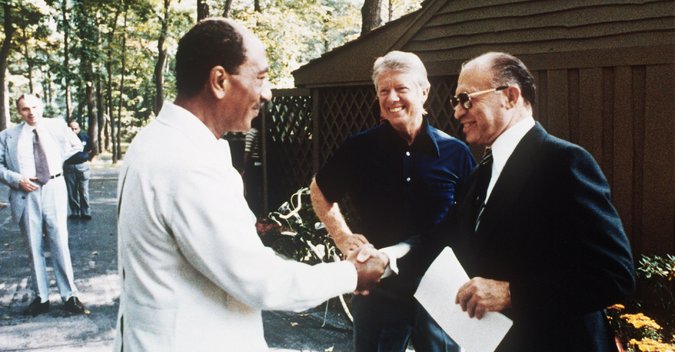 A theme I’ve written on a time or two before is the inability (or unwillingness) of many scholars to entertain that, being themselves members of a particular social group, they tend to draw upon folk concepts popular among their own group and then project them outward (in space and time), as if they are universals that name and describe stable self-evidencies in the world at large. While we probably have no choice but to know the new by means of the old (like the European colonialist arriving on distance shores, speaking slowly and loudly, asking, “What religion are you?”), we can also try to retool the known in light of that meeting, when gaps and contradictions start to become apparent, to eventually come to see it as itself local and situated, and thereby work toward developing a new set of tools capable of answering the different questions that a scholar likely asks.
A theme I’ve written on a time or two before is the inability (or unwillingness) of many scholars to entertain that, being themselves members of a particular social group, they tend to draw upon folk concepts popular among their own group and then project them outward (in space and time), as if they are universals that name and describe stable self-evidencies in the world at large. While we probably have no choice but to know the new by means of the old (like the European colonialist arriving on distance shores, speaking slowly and loudly, asking, “What religion are you?”), we can also try to retool the known in light of that meeting, when gaps and contradictions start to become apparent, to eventually come to see it as itself local and situated, and thereby work toward developing a new set of tools capable of answering the different questions that a scholar likely asks.
It’s the old challenge of hearing the familiar as itself a little strange. It’s a question of theory.
Case in point: can you listen to this new interview of an author of a book on the famous Camp David peace talks between Israel and Egypt, brokered by then U.S. President Jimmy Carter, and hear the common, philosophically idealist claims concerning the motive force of “profound religious feeling and obligations” as being the claims of a native informant — akin to someone from islands far away once talking of mana, perhaps — rather than as identifying an actually existing invisible, inner force that that we all somehow know to being directing human affairs?